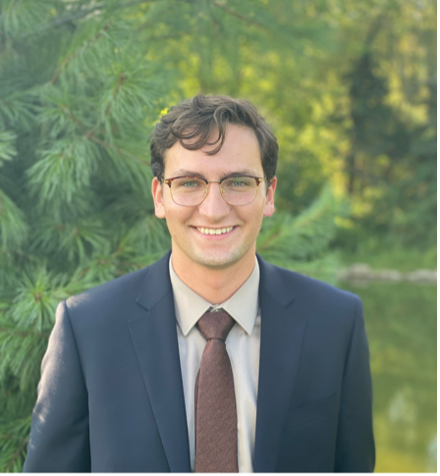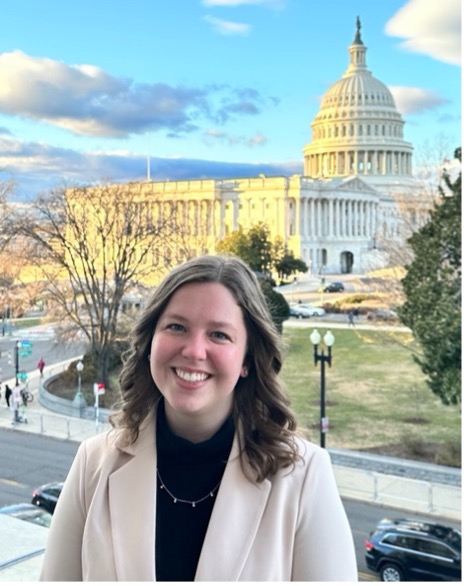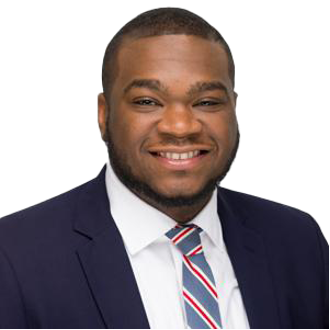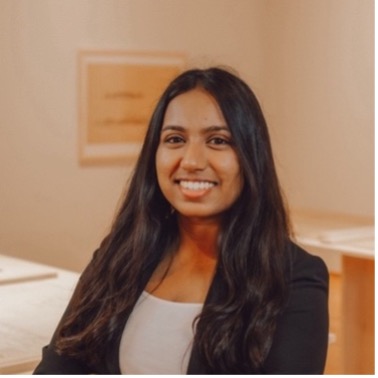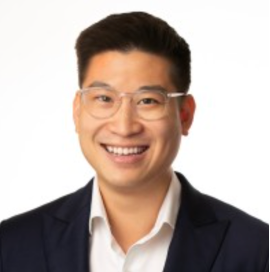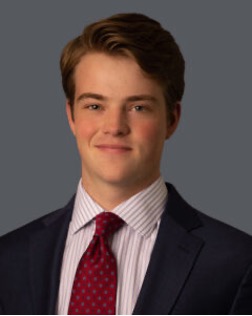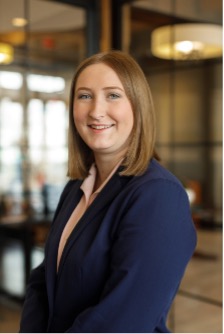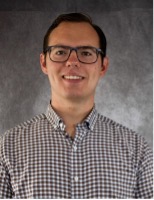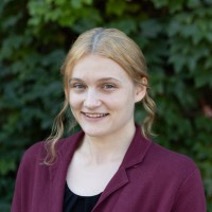Politics and Economics Sharepoint Site for Students
Our SharePoint site is designed to be an essential toolbox for Calvin students majoring or minoring in International Relations, Economics, Political Science and/or PPE. This resource hub provides access to major/minor advising materials, weekly newsletters, internship opportunities and events.
If you're a current Calvin student, we encourage you to explore the SharePoint site and take full advantage of the resources available to you.
Student Opportunities
Student Organizations
The Politics and Economics Department’s Student Planning Council (SPC) is responsible for building camaraderie and representing politics and economics students in determining how the department can best serve their hopes for developing a strong undergraduate program.
Other student organizations that many department majors and minors join are Student Senate, Calvin Democrats, Calvin Republicans, PDAC, and Model United Nations.
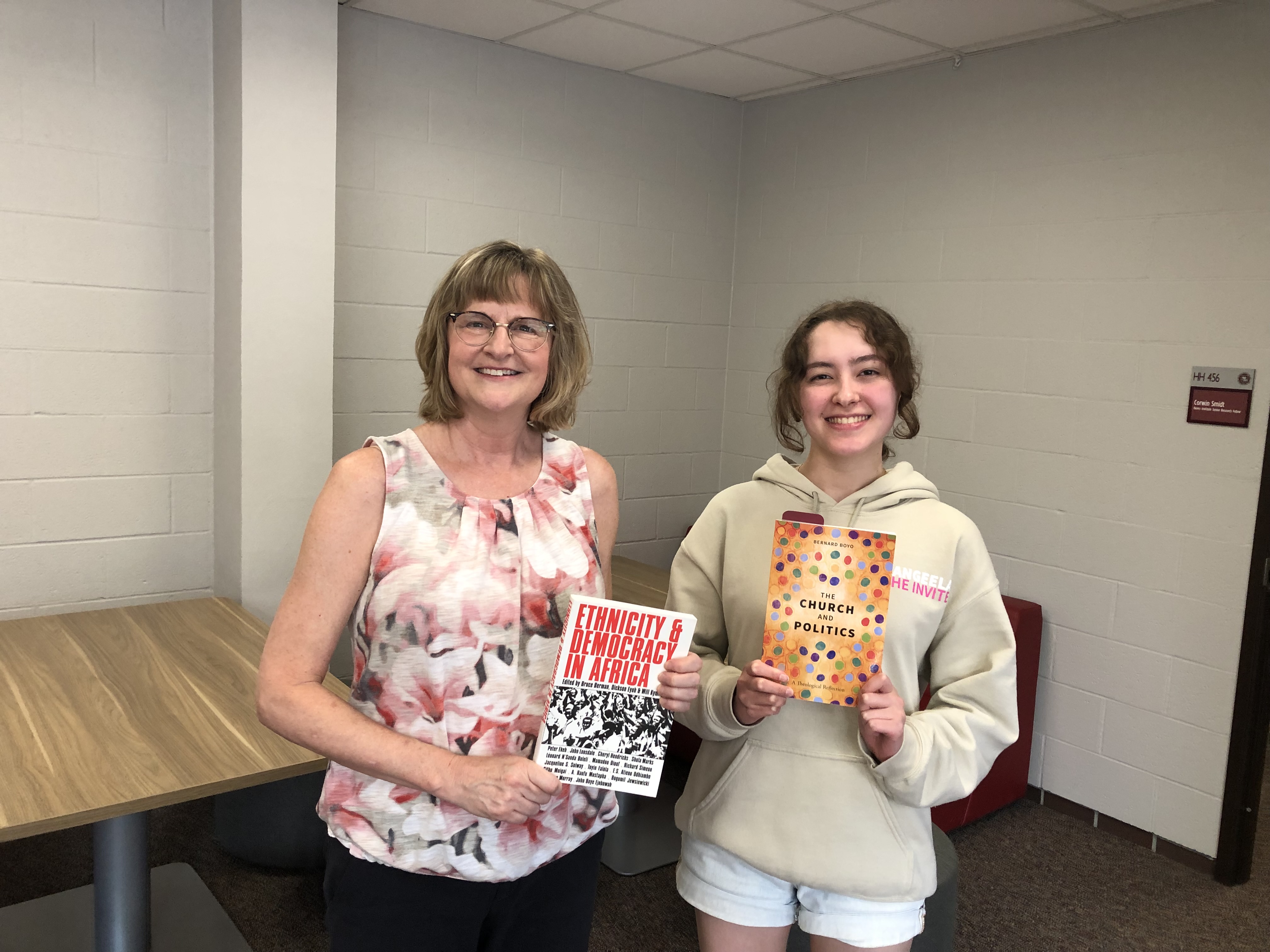
McGregor Fellows Program
In 1998, Calvin University received a grant from the Detroit-based McGregor Fund to establish a program of student fellowships for summer research with faculty in the arts, humanities, and social sciences. The resulting McGregor Fellowship program has funded collaborative student-faculty research since 1999. Although the original McGregor investment has been exhausted, the program operates with the generous support of private donors and continues to attract Calvin's "best and brightest" students and faculty to collaborative research projects.

Civitas Lab Scholars
The Civitas Lab is a research incubator at the Henry Institute. Every year, a number of Calvin students known as the Civitas Scholars partner with Calvin professors to explore the public role of faith through discipline-based research. The students also build a research community by meeting together regularly to discuss their work, share project insights and challenges, and divide labor when necessary.
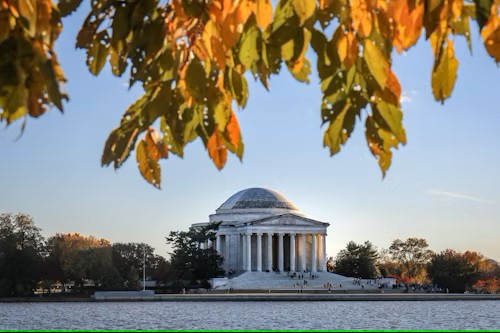
The Henry Semester in Washington, D.C.
Participate in an immersive internship experience in the nation's capitol in one of the four program tracks: Politics and Policy, Journalism and Strategic Communication, Social Work, and Pre-Law.
You'll do this all with the nation's capital as the backdrop. You might work at CNN, the Canadian Embassy, the Department of Transportation, Amnesty International or even on Capitol Hill—the possibilities are endless. When you're not working or studying, spend time in the numerous museums of the Smithsonian Institute (all free of charge!) or find the exact spot where Martin Luther King, Jr. delivered his "I Have a Dream" speech. Just make sure to bring your walking shoes—you'll be glad you did.
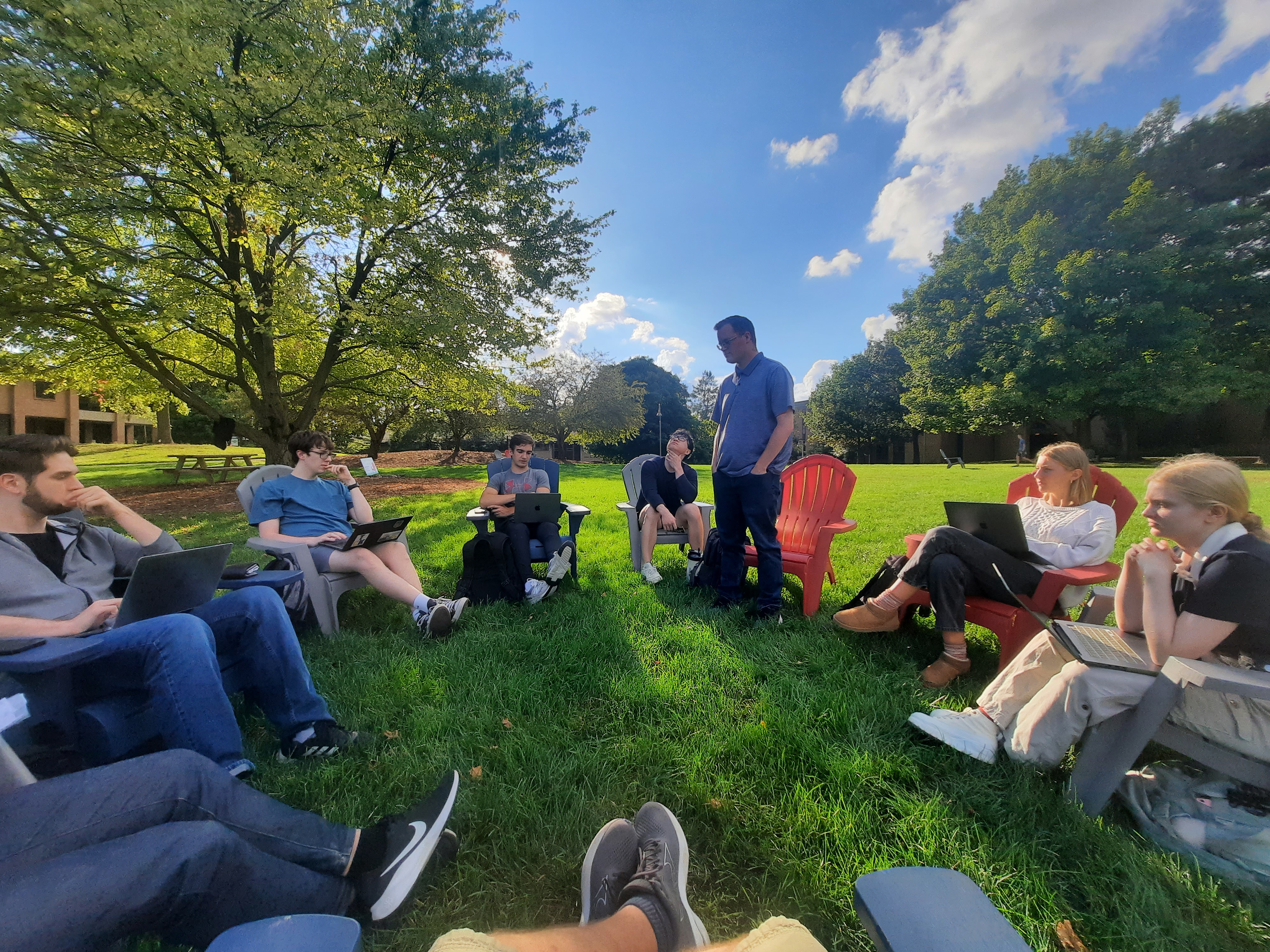
The Economist Club
The Economist Club, sponsored by the Henry Institute and run by Professor Vladimir Snurenco, meets weekly to discuss current international, political and economic issues. Student enjoy engaging with political discourse in close community.
"Everyone in the Economist Club comes from a unique background or political persuasion which fuels some really incredible discussions on current global events. It also means we disagree sometimes, but we choose to disagree well. I've made so many friends through Econ club and have found it so rewarding to be challenged in my opinions in a way that is constructive and fair. "
-- Ian Tjoelker, Sophomore PPE Major
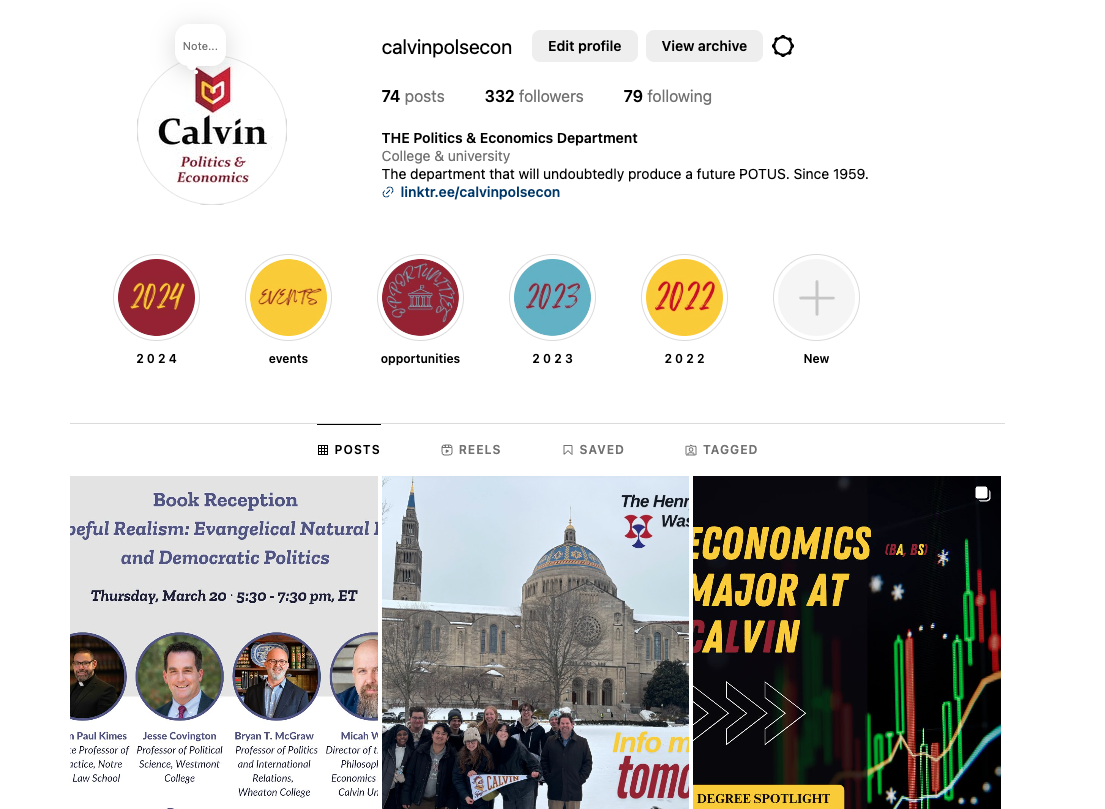
See more on our Instagram!
The Department of Politics and Economics loves to provide opportunities for students to grow their skills in research, networking, analysis and writing. Scroll through our instagram page to see highlights of our students around the globe!
Henry Semester in Washington, D.C.
In Washington, D.C. you'll gain a real-world perspective on the ideas you've learned in the classroom at Calvin. Whatever your major, you can work with Career Development to find a place to gain valuable experience in your field of study. Participate in one of four tracks: Politics and Policy, Pre-Law, Social Work, or Journalism and Strategic Communication
In addition to the Henry Semester in D.C., there are many other programs to experience politics and economics in context around the world.
The McGregor Fellows Program offers summer research positions with Calvin faculty members.
Also worth considering are NSF Research Experiences for Undergraduates program and the American Economic Association Summer Training Program.
Don't forget to explore student publishing opportunities at AEA as well.
The Henry Institute is dedicated to motivating and training future scholars and practitioners who will continue the exploration and practice of integrating faith and public life. Undergraduate fellowships provide opportunities for current students at Calvin University to work with the Institute and university faculty. Undergraduate fellows benefit from working on scholarly research and receiving mentoring from various professors, as the Institute provides grants to fund research projects involving the interplay between religion and public life. Opportunities for additional involvement in the programs and projects of the Institute are also provided to students, as they participate in various administrative duties and Henry Institute events.
This supplemental travel grant for students with financial needs was established in 2004 by the Department of Politics and Economics from funds donated by Rev. Joseph D. and Mrs. Barbara D. Fox to honor their son, Ben Fox.
This fund is for transportation or related travel expenses to departmentally-sanctioned purposed, normally either for participation in MUN, in state/local internships, or qualifying conferences.
Applications are open to current full-time Department of Politics and Economics majors and minors with a demonstrated financial need. A maximum of $500 is given to eligible students in any given academic year, but students may apply in more than one year. Normally, one travel grant is offered each semester.







